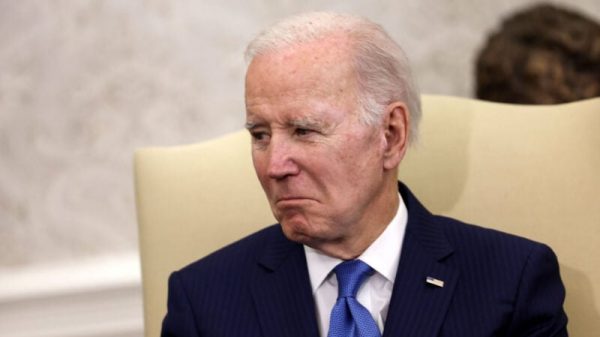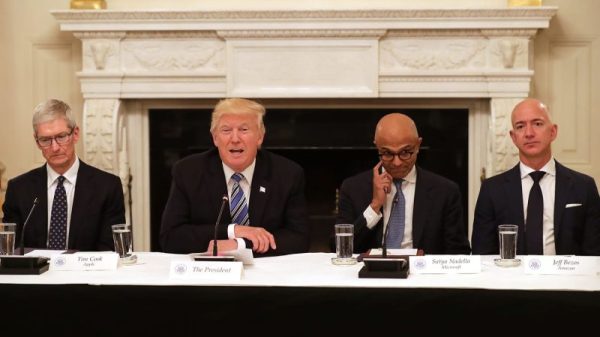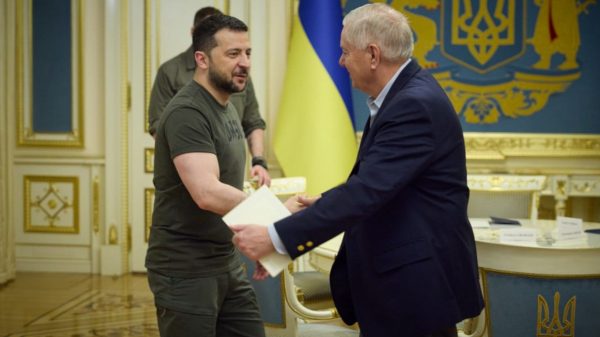Remembering Henry Kissinger: A Complex Legacy
As news of Henry Kissinger’s passing spread, his friends and former colleagues took time to reflect on the legacy of the man who was often described as a titanic figure in the world of politics and international relations.
Kissinger’s career was marked by both controversy and acclaim. He served as National Security Advisor and later as Secretary of State under President Richard Nixon and President Gerald Ford, playing a key role in shaping American foreign policy during a critical period of the Cold War. His realpolitik approach to international relations and his involvement in controversial events such as the bombing of Cambodia and the coup in Chile have shaped his reputation as a polarizing figure.
Despite the controversies, Kissinger was also credited with his role in de-escalating tensions between the United States and the Soviet Union, as well as his efforts in opening up diplomatic relations with China. His diplomatic prowess earned him the Nobel Peace Prize in 1973 for his role in negotiating the Vietnam ceasefire.
Those who knew Kissinger personally spoke of his intelligence, strategic thinking, and dedication to public service. They recalled his ability to see the big picture and his commitment to finding diplomatic solutions to complex international issues.
However, his critics point to his realpolitik approach as morally questionable, and his involvement in controversial policies has left a lasting impact on his legacy.
As the world remembers Henry Kissinger, his friends and former colleagues will continue to grapple with the complexities of his legacy. Whether seen as a towering figure in diplomacy or a controversial figure with a checkered past, there is no denying the significant mark he left on the world stage. His legacy will continue to be a subject of debate and reflection for years to come.


























